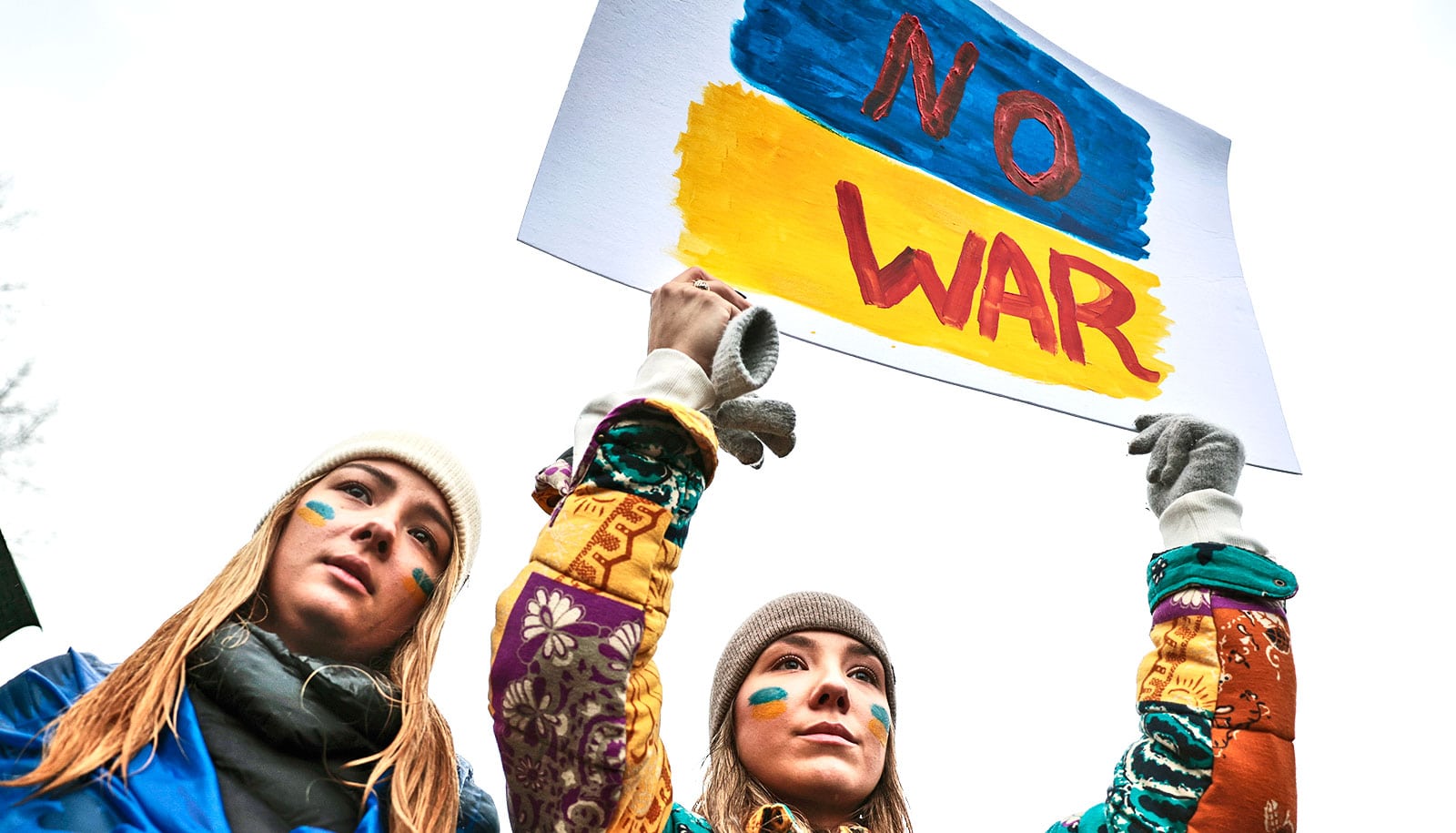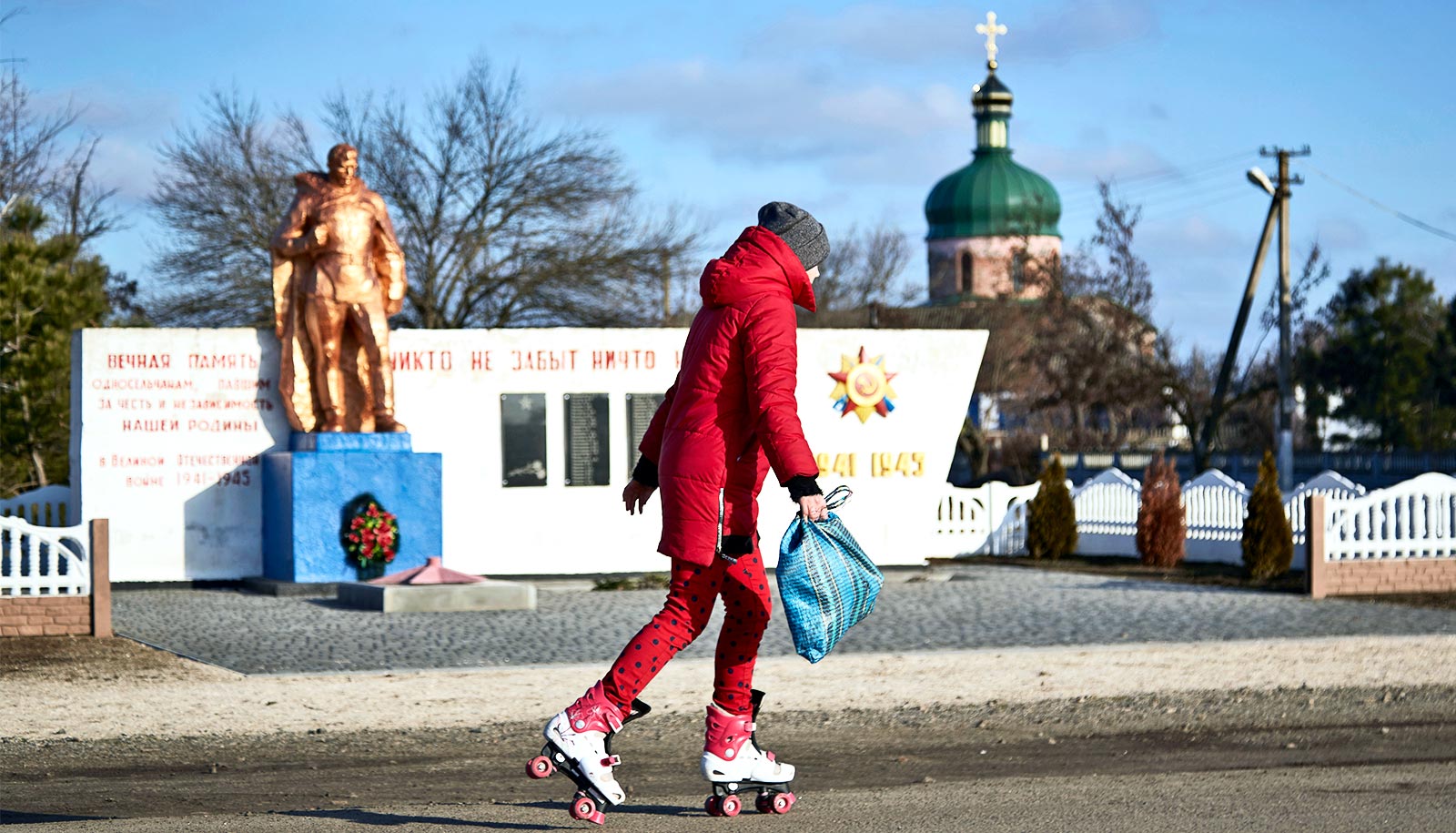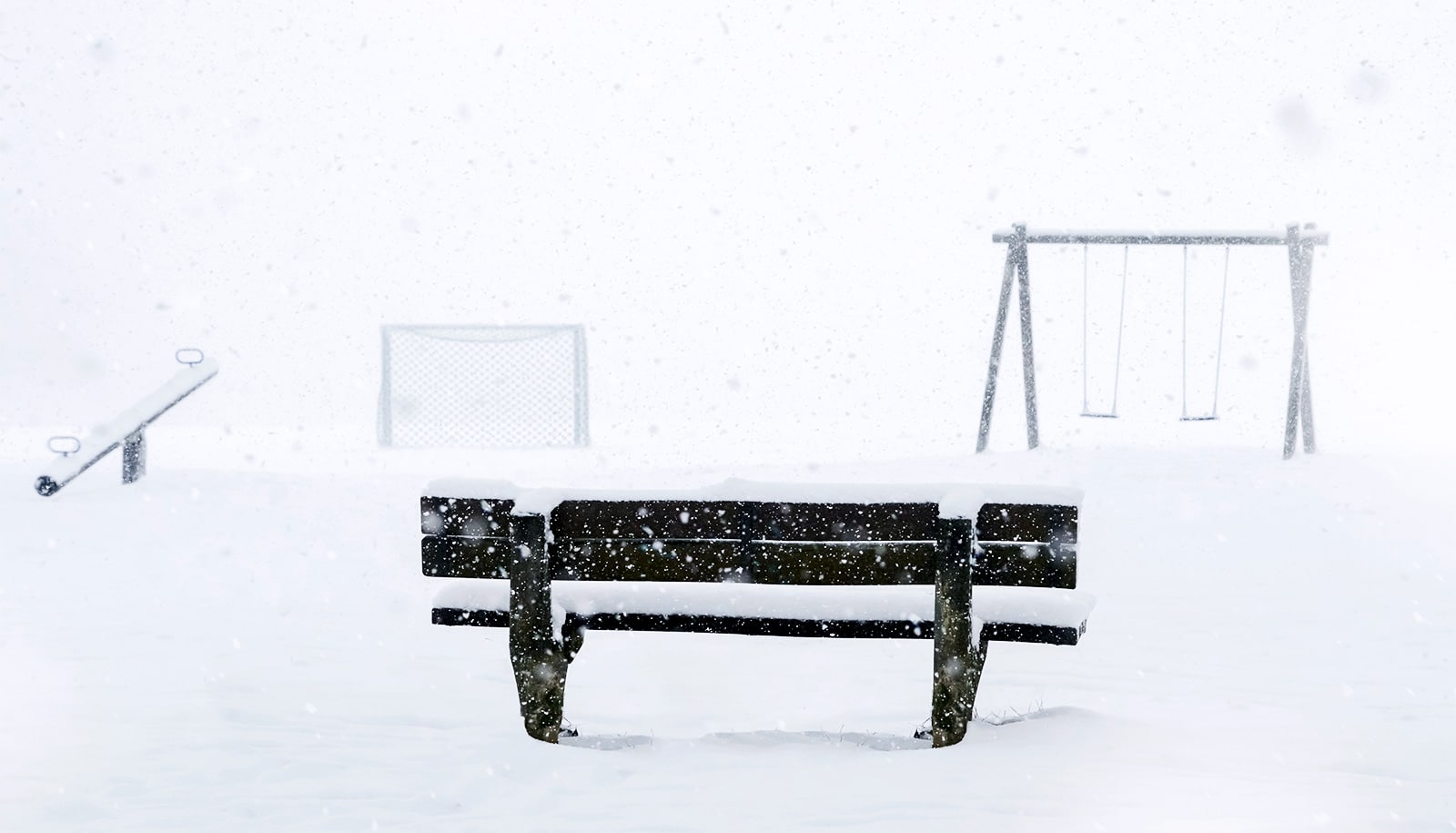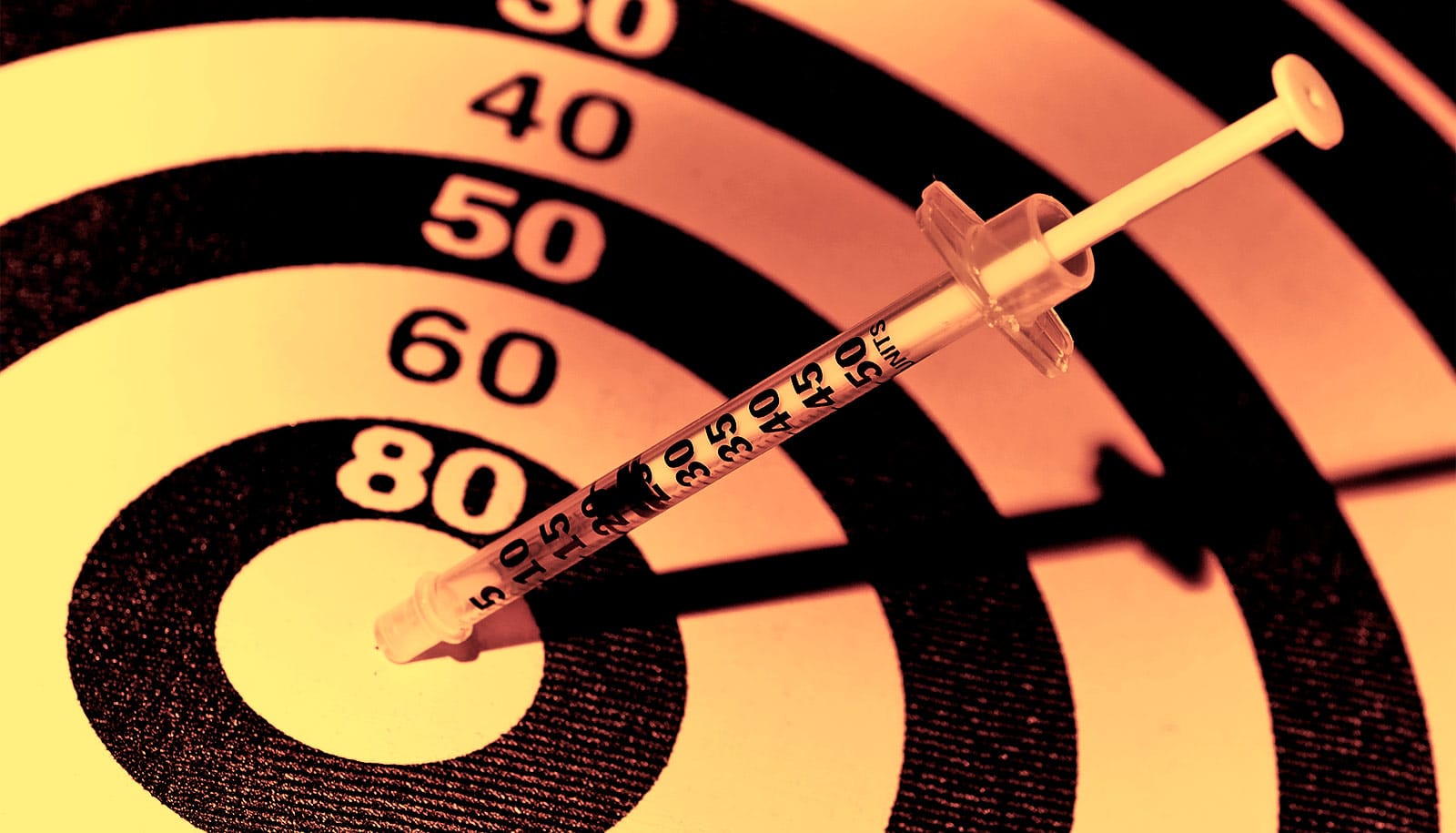An expert on international conflicts says Ukraine’s fate might be tied to Putin’s survival.
“When shooting starts, things get out of hand. That’s important to recognize,” says Hein Goemans, a professor of political science at the University of Rochester, who is an expert on international conflicts, territorial disputes, why countries go to war, and how wars end.
“I study war because war is awful; it’s truly terrible.” Thousands of Ukrainian civilians, and Ukrainian soldiers in the trenches, he notes, are going to die as a result of missiles and artillery fire without ever seeing any Russian soldiers.
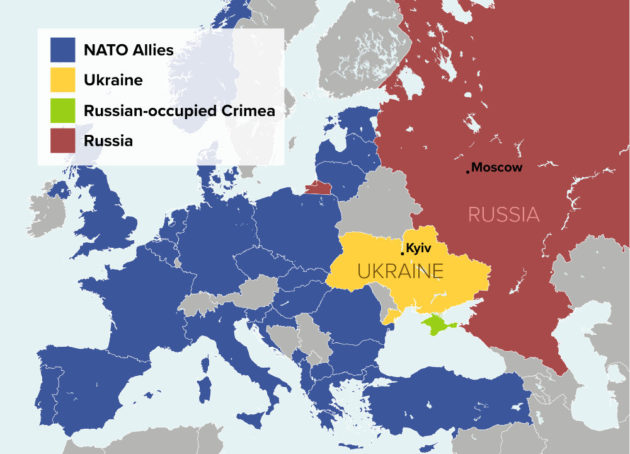
“War brings massive casualties, destruction, and costs for everybody concerned. We should not forget those people who are fighting and the costs they are willing to shoulder. Many of them will die because of Putin’s folly,” says Goemans, who is the author of War and Punishment (Princeton University Press, 2000) and the coauthor of Leaders and International Conflict (Cambridge University Press, 2011).
Here, Goemans warns that a Russian victory—but also a Russian defeat or stalemate—could have dramatically bad consequences for the West, and indeed the whole world:
Why is Putin invading Ukraine?
I read his goals as twofold: he wants to reestablish directly or indirectly, by annexation or by puppet-regimes, a Russian empire—be it the former USSR or Tsarist Russia.
A second possible answer has to do with the role of domestic Russian politics, which the standard literature on conflict takes very seriously: Putin has seen what happened in some former Soviet successor republics and the former Yugoslavia, several of which experienced “Color Revolutions” and democratized. Indeed, it was a Color Revolution in Ukraine in 2014, which Putin mischaracterizes as a military coup. He wants to prevent more of these revolutions and prevent a democratic encirclement of countries around him, which could provide a safe haven for Russian dissidents who’d be dangerous to Putin’s political survival.
Both of these goals overlap in the sense that he is seeking regime change, which is a dangerous game. As my colleague Alexander Downes at George Washington University has recently shown, regime change can be a “catastrophic success.”
Why now?
One answer could be that he now feels strong enough to do it while the West appears in disarray. He doesn’t want an increasingly westernized country in his backyard; instead he wants puppets whom he can control to protect his own domestic political position. Of course, it’s not just his political position. It’s also his head if he loses power. It’s virtually certain that he would be prosecuted back home and would go to jail. Very bad things could happen to him—something that I think he’s very well aware of.
What about Ukraine might have set Putin off?
Ukraine is becoming more westernized, it’s becoming more diverse and has a regime that he cannot control. Over time, it sets an example for others in Russia who would like to become more democratic. It provides a counter example to Russia’s autocratic dictatorial system. You have these rows of dominoes, one Color Revolution after another, and at the end of the domino series is Russia. All this is dangerous for him.
What are “salami tactics” in international relations and how do they apply here?
“Salami tactics” mean you ask for a little bit more and a little bit more until you have complete control—in this case Russia over Ukraine. There’s also an interlocking commitment problem here: Ukraine cannot promise not to join NATO in the long term, which Russia sees as a threat to its borders. At the same time, Russia can’t promise credibly not to ask for more if Ukraine made some concessions now, whether it be territorial concessions, regime change, or a promise not to join NATO.
Is invading Ukraine a war over territory, which is your research specialty?
Some people thought initially this would be a war over territory, essentially about the two separatist areas, and that Putin wouldn’t claim much more. That’s evidently not the case. It could still be considered a war over territory but only in the sense that he wants to annex the entire Ukraine, which seems to me unlikely to succeed. It seems much more likely that he’ll install a puppet regime instead. And the reason for that, from the theory of warfare and from a leader perspective, is that he does it to ensure his personal survival.
What happens if Putin succeeds in Ukraine?
The principles of the International Order would be destroyed. Such principles include “territorial integrity,” which is something that Russia committed to when Ukraine gave up its nuclear weapons and became independent. Essentially, Putin is flipping the bird at the West and the rest of the world. For example, he declared a “military operation” right at the time when the UN Security Council was meeting to discuss the crisis.
Other countries, most prominently the Baltic states, but also other USSR successor republics, will have every reason to think they are next. If Russia is successful, the world will change and NATO will have to rearm and all countries will have to spend more on defense. There will be rounds of arming and rearming. In this environment, even a small mistake, a glitch, a missed phone call, a mistranslation, a malfunctioning GPS can get out of hand really quickly.
What do you think Putin will do if he loses in Ukraine?
A loss might doom his domestic, political, and physical survival. In a very recent book, Catastrophic Success, Alexander Downes suggests that these kinds of regime changes, which Putin is pursuing, often backfire very badly. If Russia’s objectives fail, Putin is really in deep trouble. As you can see today from the demonstrations in many Russian cities, there is a significant and sizable component in the Russian public that’s actually willing to go outside and protest against this war, which is a very risky and extremely brave course of action.
So, if Putin doesn’t achieve his goals, it becomes much more likely that he’ll be overthrown. That’s why he may do some very risky things—which is called “gambling for resurrection”—in the hope it’ll keep him in power. I wrote about that in my first book, to explain why the First World War lasted for four years although the German leaders had already concluded in November 1914 that they couldn’t win; they fought for another four years because they were afraid of domestic political punishment.
The dangerous thing that is difficult to grasp is that the West may not be able to do anything to counter the logic of gambling for resurrection. There is talk of giving Putin an “off-ramp” but that completely misses the point that Putin is afraid domestic enemies might overthrow and kill him, and there’s little the West can do to address those fears.
Is this the most dangerous situation since World War II?
Yes. It’s not just Putin’s possible success that scares me, it’s also the possibility of a big failure for Russia. So if we’re in a situation where either success or failure both present horrible, dangerous situations, we’d better be very careful and think very, very carefully about what we can do, and perhaps what we cannot do, and prepare accordingly. You don’t want to corner Putin with sanctions to the extent that he feels that he must gamble—all or nothing.
The impulse, and I certainly share it, is to punish him severely. But if you punish him too severely, then you risk his doing even more dangerous things in order to protect himself personally. So it’s a very difficult tightrope to walk. I’m sure that the Biden administration is aware of these things. I’ve been impressed with the competence shown—the careful, mature attitude, the communications, the collaboration with allies.
What else did Putin hint at in his recent, very belligerent speech?
One thing he says in his speech, which is just stunning, is that nationalism cannot be the basis of a state. Everybody in academia and most of the world thinks that nationalism is the justification and the basis of a state. But his speech went further than that. He says the borders that were drawn by Lenin and by Stalin, partially as a result of the First and Second World War, are illegitimate and have to go. And if those borders have to go, well, then there is no obvious stopping point: Kyrgyzstan, Tajikistan, Armenia, Georgia, Moldova, Kazakhstan, Uzbekistan, Turkmenistan, Latvia, Lithuania, Estonia—all the successor republics are going to ask, “Are we next?” The new threats against Finland and Sweden, to warn them off from joining NATO, are also extremely concerning.
Now, of course, in many of the successor republics Putin already has an elite, which is favorably inclined toward him. He has puppets in Kazakhstan, he has puppets in Belarus and elsewhere that he can control. Leaders in these countries depend on him, directly and indirectly, to stay in office. So it’s this whole musical-chairs scenario of dictators who are all afraid of losing office. In order to prop up one, Putin has to prop up all.
The question is, which empire does he think needs reconstituting? Is it the Soviet Union? Or is it Tsarist Russia? And if it’s the latter—and there are some indications in his speeches that he does mean the latter—then Poland and other countries are going to be justifiably worried.
Source: University of Rochester
